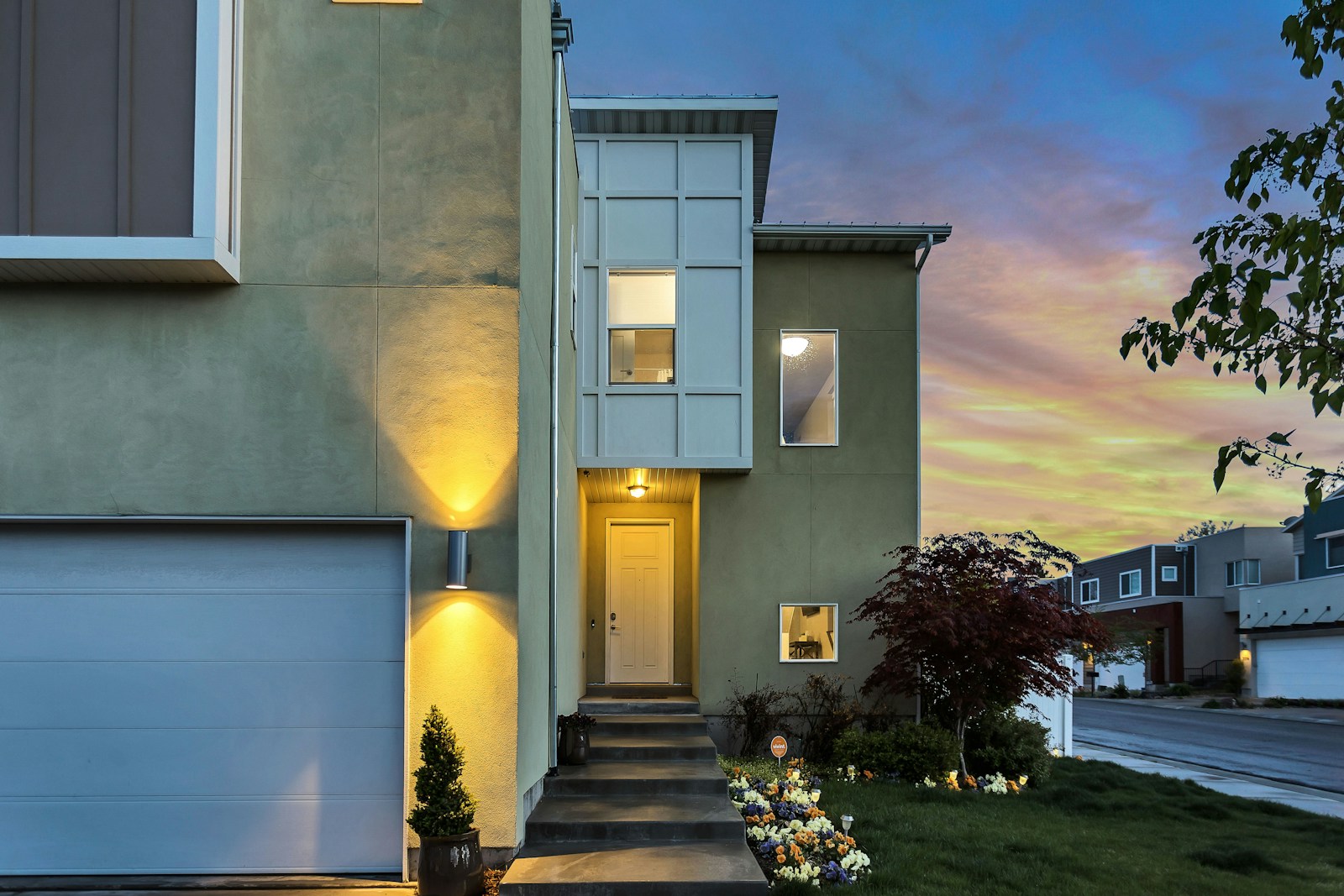Posted on
May 29, 2025
by
Charlotte Ferguson
Nearly 30% of Canadians planning to retire by 2026 will not fully own their homes, survey reveals
By Candyd Mendoza
27 May 2025
A growing number of Canadian retirees are heading into their retirement years still carrying mortgage debt.
Nearly three in 10 Canadians (29%) planning to retire in 2025 or 2026 expect to continue making mortgage payments on their primary residence even after they exit the workforce, according to a new survey by Royal LePage, conducted by Leger.
Just a decade ago, only half as many senior households had mortgage debt. Statistics Canada data shows that 14% of households with income earners aged 65 and over had a mortgage in 2016, up from 8% in 1999.
“The benefits of entering retirement as a homeowner with a paid-off mortgage are clear: more disposable income, insulation from interest rate changes, and even the emotional security that comes from knowing you'll always have a place to live,” said Phil Soper, president and CEO of Royal LePage. “In the era of rotary phones and station wagons, burning your mortgage was the economic finish line. Today's retiree reality is much more nuanced.”
While 45% of survey respondents said they already have their mortgage paid off and another 6% plan to do so before retiring, a large portion are preparing for retirement while still servicing debt. Among those planning to retire in the next two years, 46% said they intend to downsize their home within two years of leaving full-time employment, while 47% said they have no plans to do so.
“Home price appreciation over the past 25 years has been a double-edged sword for today's retirees,” Soper said. “On one hand, it has delivered unprecedented financial gains. On the other, this generation is far more likely to have carried mortgage balances that would have been unimaginable to their parents or grandparents.”
Additionally, retirees are more likely to have helped their children achieve homeownership, further influencing their own financial paths in retirement. Despite no longer drawing traditional employment income, many are managing their expenses with the help of part-time work, investment income, or a working spouse.
“While previous generations may have viewed mortgage-free retirement as the only option, today’s retirees tend to be more open-minded,” said Soper.
Canada’s average retirement age has risen to 65.3 in 2024, up from 64.3 in 2020, according to Statistics Canada. At the same time, many Canadians are entering the housing market later in life, another factor increasing the likelihood of carrying mortgage debt into retirement.
A 2023 Royal LePage report showed that only 24% of first-time homebuyers were under 30, while 33% were aged 30–34, and 43% were aged 35 or older. In 2021, only 33% of first-time buyers were over 35, indicating a clear shift toward delayed entry into homeownership.
“While previous generations may have viewed mortgage-free retirement as the only option, today's retirees tend to be more open-minded,” said Soper. “Traditional employment income may have dried up, but many are still comfortably managing their expenses and servicing mortgage payments, with income from investments, part-time work, or a working spouse.”
Read next: Redefining retirement: How older Canadians are changing the game
Soper added that the overall experience of retirement has changed considerably over the past several decades.
“Compared to their grandparents, today’s retirees are enjoying about 50% more years after turning 65. They’re working longer, staying active, and in many ways, continuing the lives they led during their working years – just without the job,” he said. “With people buying their first homes later and working longer, it’s increasingly common for Canadians to carry a mortgage well into retirement, often by choice rather than necessity.”
Make sure to get all the latest news to your inbox on Canada’s mortgage and housing markets by signing up for our free daily newsletter here.



